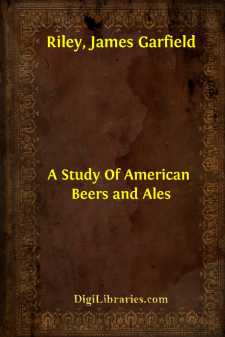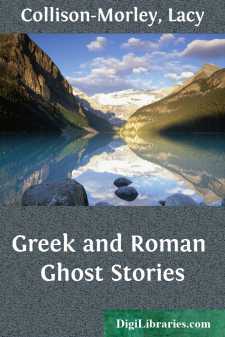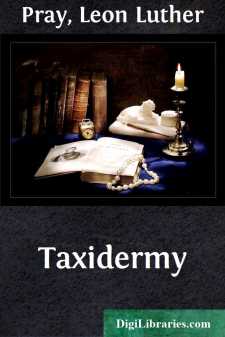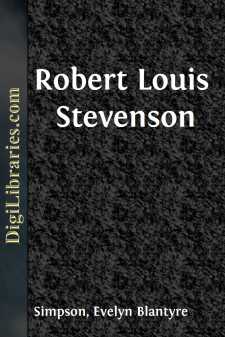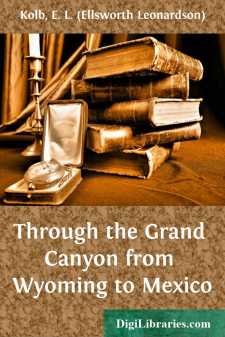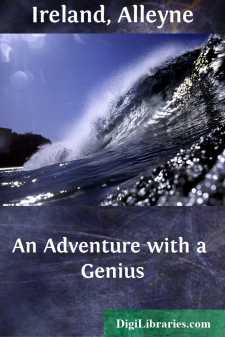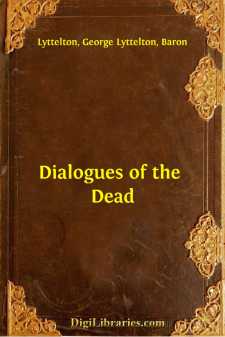Non-Classifiable
- Non-Classifiable 1768
Non-Classifiable Books
Sort by:
INTRODUCTION. The investigation, the results of which are reported in this bulletin, was undertaken for the purpose of securing information in regard to the composition of brewery products made in this country. The main object of this investigation was to find, if possible, a means of distinguishing beers and ales made entirely from malt from those made from malt together with other cereal products,...
more...
I THE POWER OF THE DEAD TO RETURN TO EARTH Though there is no period at which the ancients do not seem to have believed in a future life, continual confusion prevails when they come to picture the existence led by man in the other world, as we see from the sixth book of the Æneid. Combined with the elaborate mythology of Greece, we are confronted with the primitive belief of Italy, and doubtless of...
more...
by:
Leon Luther Pray
TOOLS AND MATERIALS The art of taxidermy, with its many methods of application, has furnished subject-matter for numerous books, most of these treating the subject in exhaustive style, being written primarily for students who desire to take up the work as a profession. It is the present author's purpose to set forth herein a series of practical methods suited to the needs of the sportsman-amateur...
more...
by:
John N. Reynolds
CHAPTER I. MY INITIATION AND CRIME Guilty! This word, so replete with sadness and sorrow, fell on my ear on that blackest of all black Fridays, October 14, 1887. Penitentiary lightning struck me in the city of Leavenworth, Kansas. I was tried in the United States District Court; hence, a United States prisoner. The offense for which I was tried and convicted was that of using the mails for fraudulent...
more...
SPIRIT OF THE AGE SERIES The publishers desire to announce that it is their purpose to comprise in this series a collection of little books uniform in general style and appearance to the present volume and having for their subjects men and women, whose work and influence, in whatever field of literature or art was their chosen one, may be said to faintly reflect the spirit or tendencies of cultivated...
more...
by:
John Mead Gould
NARRATIVE. It was bad enough and sad enough that Gen. Mansfield should be mortally wounded once, but to be wounded six, seven or eight times in as many localities is too much of a story to let stand unchallenged. These pages will tell what the members of the 10th Maine Regiment know of the event, but first we will state what others have claimed. The following places have been pointed out as the spot...
more...
CHAPTER I PREPARATIONS AT GREEN RIVER CITY, WYOMING Early in September of 1911 my brother Emery and I landed in Green River City, Wyoming, ready for the launching of our boats on our long-planned trip down the Green and Colorado rivers. For ten years previous to this time we had lived at the Grand Canyon of Arizona, following the work of scenic photography. In a general way we had covered much of the...
more...
by:
Alleyne Ireland
CHAPTER I IN A CASTING NET A long illness, a longer convalescence, a positive injunction from my doctor to leave friends and business associates and to seek some spot where a comfortable bed and good food could be had in convenient proximity to varied but mild forms of amusement—and I found myself in the autumn of the year 1910 free and alone in the delightful city of Hamburg. All my plans had gone...
more...
INTRODUCTION. George, Lord Lyttelton, was born in 1709, at Hagley, in Worcestershire. He was educated at Eton and at Christchurch, Oxford, entered Parliament, became a Lord of the Treasury and Chancellor of the Exchequer. In 1757 he withdrew from politics, was raised to the peerage, and spent the last eighteen years of his life in lettered ease. In 1760 Lord Lyttelton first published these...
more...
by:
Anonymous
INTRODUCTION Of all the saints of Ireland, whose names are recorded in the native Martyrologies, probably there were none who made so deep an impression upon the minds of their fellow-countrymen as did Ciaran of Clonmacnois. He stands, perhaps, second only to Brigit of Kildare in this respect; for Patrick was a foreigner, and Colum Cille accomplished his work and exercised his influence outside the...
more...


